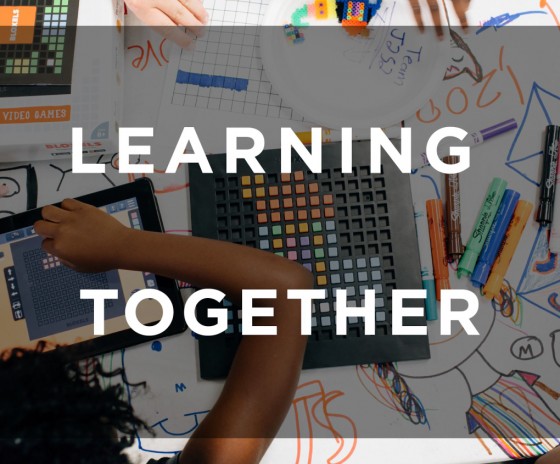Debates on Education with Sunanna Chand, Learning Innovation Strategist for the Remake Learning movement since 2015. Remake Learning is an extensive educational network of educators and innovators who, while fully respecting the city's history and unique features, are working together to reimagine and design future learning and its applications to local solutions. It is a model that aims for collaborative solutions to real problems and challenges in integration with their social context.
Event organized by the Universitat Oberta de Catalunya (Open University of Catalonia) and the Jaume Bofill Foundation, with the collaboration of MACBA. http://www.debats.cat, #debatseducacio
Summary
In 2007, a group of teachers in Pittsburgh started to meet up to consider how to approach student learning in a changing world, in which technology played a major role. They confirmed that they were not connected with their students and that students were subject to lots of information.
The first informal network was enlarged to discover different points of view and to seek learning tools both inside and outside school. This led to the creation of Remake Learning. In 2017, the network is made up of 500 organizations, including museums, libraries, not-for-profit organizations, universities, companies, entrepreneurs, artists, politicians and technology experts, among others.
The aim is to make learning motivating, relevant and inclusive. It should have a major practical component and also involve families. In fact, every now and then Remake Learning holds open days so that families can participate in the learning activities.
- What is this network like?
- How do you go from a group holding informal meetings to the Remake Learning ecosystem?
- How can we get teachers to sign up to the initiative?
- How can we create personalized learning strategies?
- Technology is very important in this model. But what mistakes can be made in the use of technology?
- How have we succeeded in getting families to appreciate the value of learning networks?
- Does learning outside the classroom also require accreditation credentials?
- Is it important to have a brand?
- How is the network evaluated?




